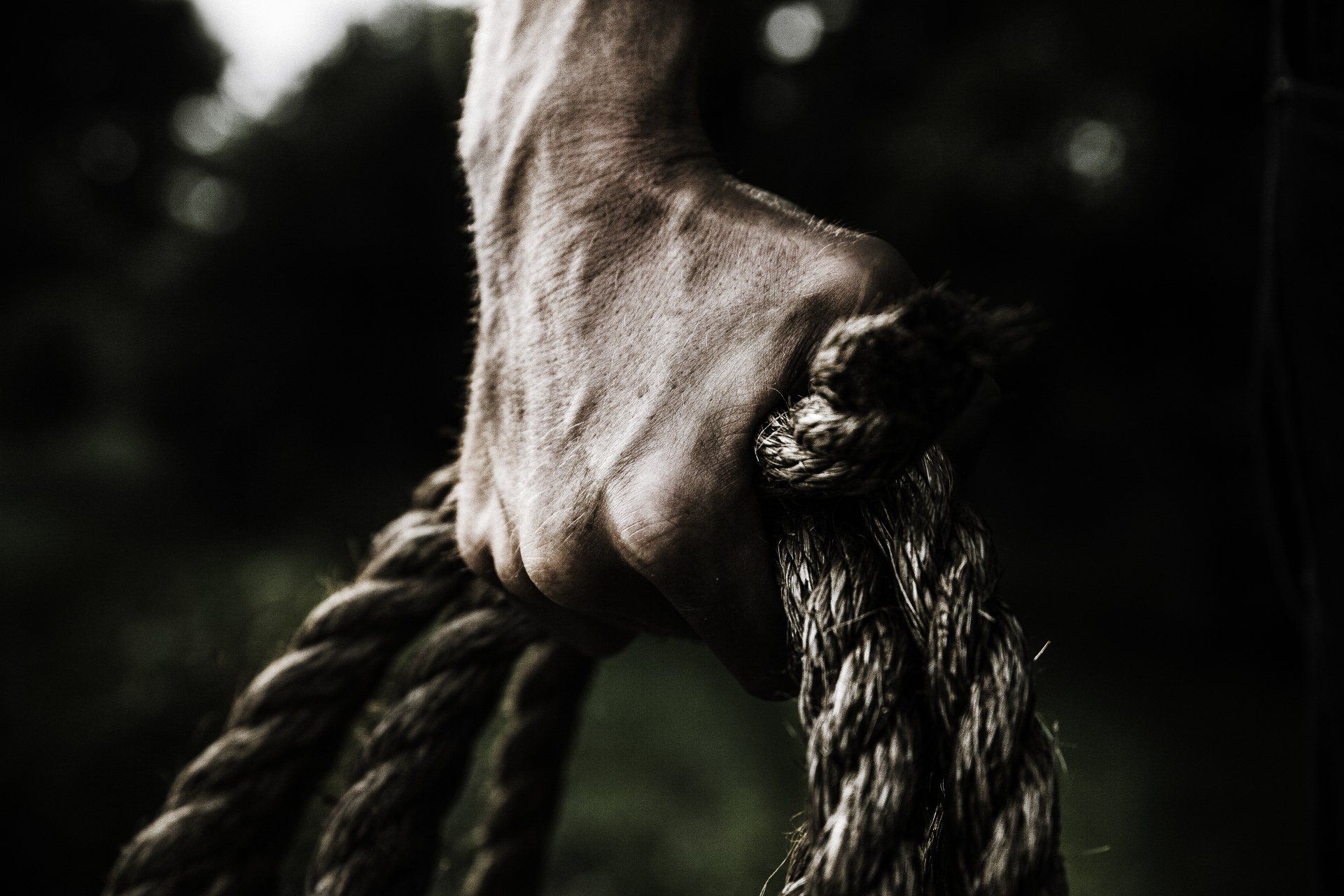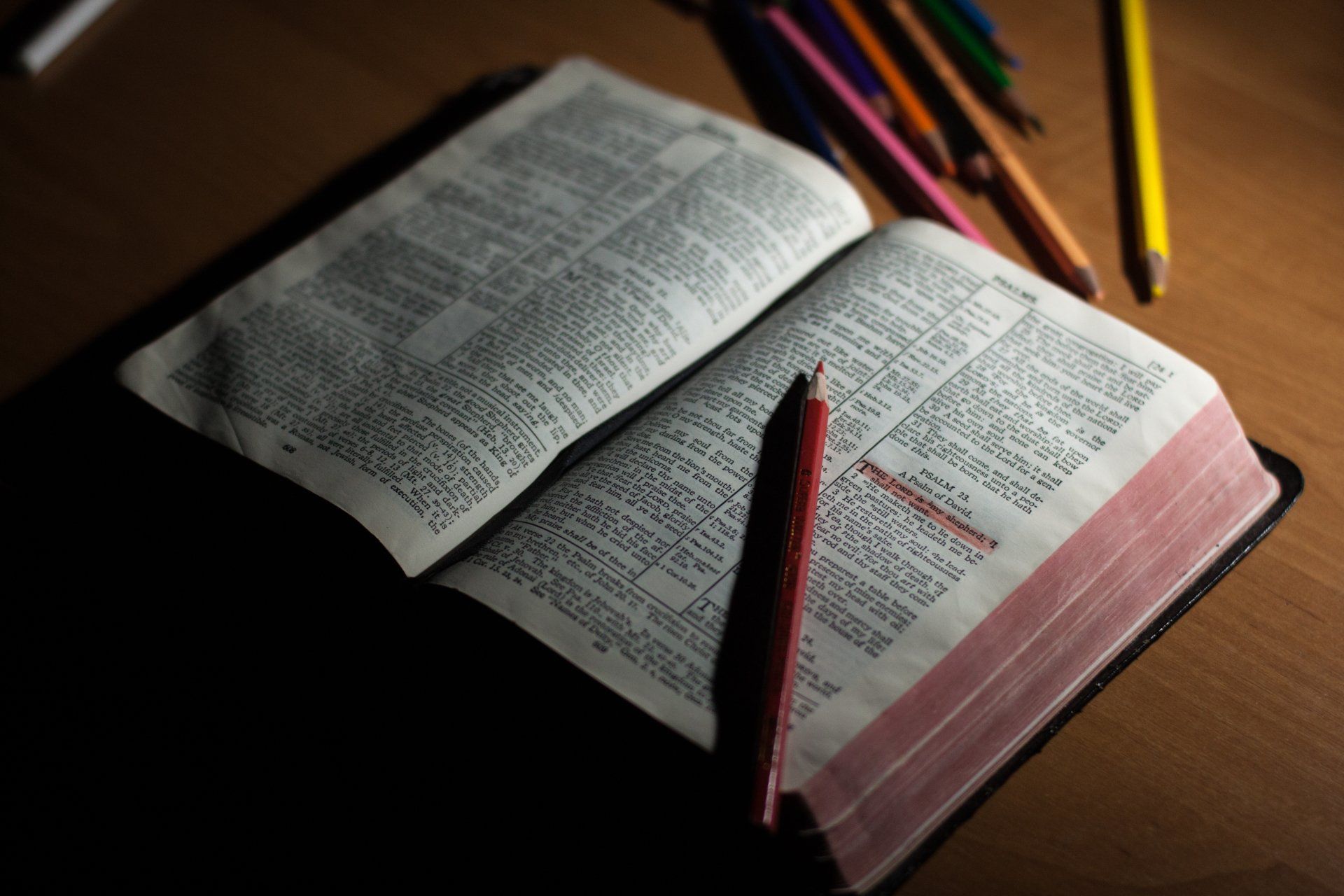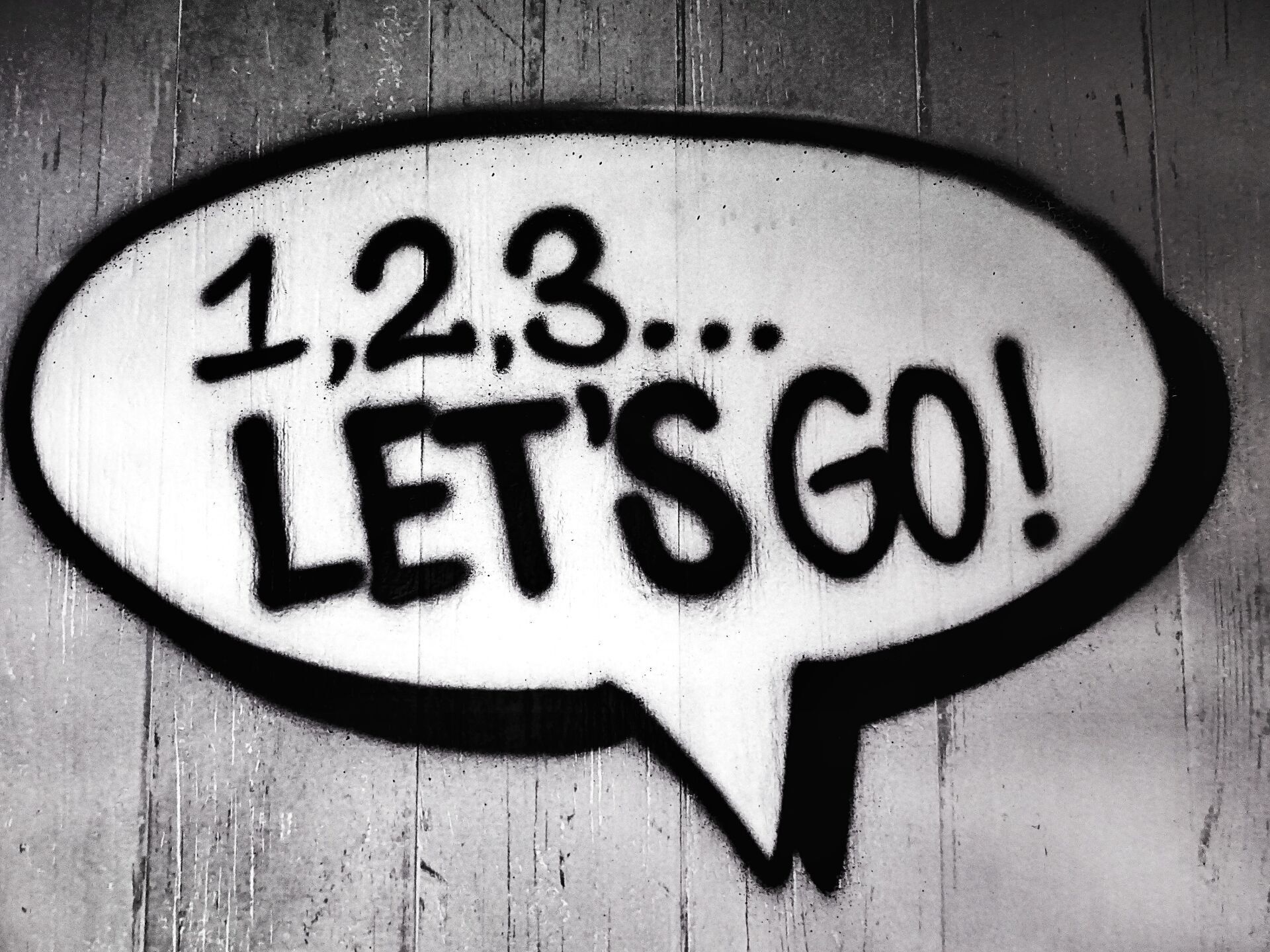Check out the new blog below
An Introduction
An Introduction to "Extreme Ownership" And your Biblical Walk

Introduction:
"Extreme Ownership" is a leadership philosophy and book penned by Jocko Willink and Leif Babin, both former Navy SEAL officers. The book distills principles and lessons learned during their military service and applies them to leadership in various contexts, including business and personal life. At its core lies the notion of taking complete responsibility for everything within one's sphere and adopting a mindset of extreme ownership to attain success.
Throughout our journey, we encounter numerous peaks and valleys, and our reactions to these situations slowly mold our character. As we delve into and apply extreme ownership, we grasp the essence of this first principle: taking full responsibility for our actions and outcomes. This involves acknowledging that with greater influence comes a heightened obligation. Aligned with Luke 12:48, "From everyone who has been given much, much will be demanded; and from the one who has been entrusted with much, much more will be asked." This principle urges leaders to comprehend the ramifications of their decisions and actions, nurturing a sense of accountability that transcends personal success to encompass the welfare of the entire team or community.
As we look at taking full responsibility for everything within your realm, be it success or failure, let's consider the example of Daniel.
Who is Daniel? And what is his story?
Daniel is a significant figure known for his unwavering faith and wisdom. He is featured prominently in the Book of Daniel. Daniel was a young Jewish man who was taken into captivity in Babylon after the conquest of Jerusalem by King Nebuchadnezzar II.
Despite being in a foreign land, Daniel remained faithful to his beliefs and served in the court of Nebuchadnezzar and later under subsequent rulers. He gained fame for his ability to interpret dreams and visions, notably interpreting Nebuchadnezzar's dream about a statue and the subsequent fall of kingdoms. He also famously survived being thrown into a den of lions due to his commitment to prayer and faith in God.
Daniel's story is often cited as an example of steadfast faith and loyalty to God in the face of adversity. He demonstrated the importance of remaining true to one's beliefs even in challenging circumstances. His wisdom, integrity, and faithfulness earned him respect and influence, allowing him to serve as an advisor to kings and to play a significant role in the events of his time.
Daniel: Daniel 6:10 - "When Daniel knew that the document had been signed, he went to his house where he had windows in his upper chamber open toward Jerusalem. He got down on his knees three times a day and prayed and gave thanks before his God, as he had done previously."
Failing to adopt extreme ownership can lead to adverse consequences in our lives. Just as Daniel faced repercussions for his unwavering commitment to prayer, we too may encounter challenges when we neglect to take responsibility for our actions. Without ownership, we risk compromising our integrity and losing the trust of those around us. Our inability to acknowledge our mistakes and their impact on others can damage relationships and hinder personal growth. Moreover, without embracing accountability, we may miss opportunities for learning and improvement, remaining stagnant in our development. Therefore, it's crucial to recognize the importance of extreme ownership in navigating life's complexities and achieving success with integrity and resilience.
Daniel knew who he was in life and in his faith. He knew that taking ownership and being steadfast would come with consequences. Despite the consequences, he chose to take complete ownership through his actions of prayer.
Additionally, ask yourself the following questions:
1. How did Daniel demonstrate extreme ownership in his situation of captivity in Babylon?
2. How did Daniel's unwavering faith and commitment to his beliefs reflect the principle of extreme ownership?
3. Can you identify specific instances in Daniel's story where he took responsibility for the outcomes of his actions, regardless of the circumstances?
4. How did Daniel's ability to interpret dreams and visions exemplify the concept of extreme ownership in understanding and navigating complex situations?
5. How did Daniel's humility and willingness to serve others align with the idea of extreme ownership in leadership?
6. In what ways did Daniel demonstrate resilience and adaptability, two traits crucial for extreme ownership, during his time in captivity?
7. How did Daniel's commitment to his values and principles contribute to his effectiveness as a leader, according to the principles of extreme ownership?
8. Reflecting on Daniel's story, how can individuals apply the principles of extreme ownership to their own lives and leadership roles today?
We looked at taking full responsibility in success now we will look at what it takes to take full ownership in failure. For this, we will look at King David.
King David is renowned for his victories and revered as a man deeply connected to God. However, his life was not without its failures. One of the most notorious incidents was his adulterous affair with Bathsheba, the wife of Uriah, one of his loyal soldiers. David's lust led him to commit adultery, and to conceal his sin, he orchestrated Uriah's death in battle. This act of murder was a severe departure from the righteous leadership David was expected to uphold.
Additionally, David's neglect of his familial responsibilities is evident in his failure to discipline and control his children, resulting in his son Absalom's rebellion and subsequent death. Another significant failure was David's prideful decision to conduct a census of Israel, contrary to God's command, resulting in a devastating plague. Despite these shortcomings, David's story also illustrates repentance, redemption, and restoration. Confronted by the prophet Nathan, David acknowledged his sins, repented, and sought God's forgiveness.
It is noted that David’s acknowledgment of his sins to Nathan was not in an instant. David tried many other routes and had losses. David had to go through a process. These were due to David attempts to cover and clean up his own messes. While his failures serve as cautionary tales, David's willingness to admit wrongdoing and turn back to God exemplifies the possibility of redemption in the face of grave mistakes.
David: Psalm 51:3-4 - "For I know my transgressions, and my sin is ever before me. Against you, you only, have I sinned and done what is evil in your sight, so that you may be justified in your words and blameless in your judgment."
David, who is known for being a man after God's own heart, understood that in all of his sinful folly and his disgustingness, he owned it. He understood that he needed to take ownership of his failures and sins and did so gracefully.
Additionally, ask yourself the following questions:
1. In what ways did King David demonstrate a lack of ownership when he attempted to cover up his adultery by arranging for Uriah's death?
2. How might King David's failure to discipline his children, leading to Absalom's rebellion, relate to the concept of complete ownership in familial relationships?
3. Can King David's decision to conduct a census of Israel against God's command be seen as a failure to take complete ownership of his obedience to divine directives?
4. How might King David have approached the consequences of the plague resulting from his census differently if he had fully embraced the principle of complete ownership?
5. Considering King David's failures, what lessons can be drawn about the importance of leaders taking complete ownership of their moral conduct and decisions?
6. How could King David's acknowledgment of his sins and repentance, as seen in his response to Nathan's confrontation, be viewed through the lens of taking complete ownership of his mistakes?
7. How might King David's experiences of failure and redemption serve as a model for individuals and leaders to embrace complete ownership of their shortcomings and seek forgiveness and restoration?
8. Reflecting on King David's story, how can the principle of taking complete ownership be applied to personal and leadership contexts today, particularly in acknowledging and rectifying past mistakes?
In conclusion, embracing the principle of extreme ownership, as exemplified by biblical figures and echoed in contemporary leadership philosophies, offers profound insights into how we navigate both success and failure. As we traverse life's trials and triumphs, our responses shape our character and define our path.
Drawing from the wisdom of Daniel and David, we learn that taking full responsibility involves humility, reliance on God, and a relentless pursuit of our goals despite our shortcomings. These figures demonstrated unwavering faith and perseverance, acknowledging their inadequacies while trusting in God's guidance to move forward.
Moreover, in times of failure, the example of David reminds us of the importance of owning our mistakes, seeking forgiveness, and learning from our shortcomings. Blaming others or external circumstances only hinders growth and progress. Instead, leaders must embrace accountability, recognizing that with great power comes great responsibility, as emphasized in Luke 12:48.
As we reflect on these principles, let us strive to embody the spirit of extreme ownership in all aspects of our lives, whether in times of triumph or adversity. By taking ownership of our actions, decisions, and outcomes, we pave the way for personal growth, effective leadership, and lasting success.








